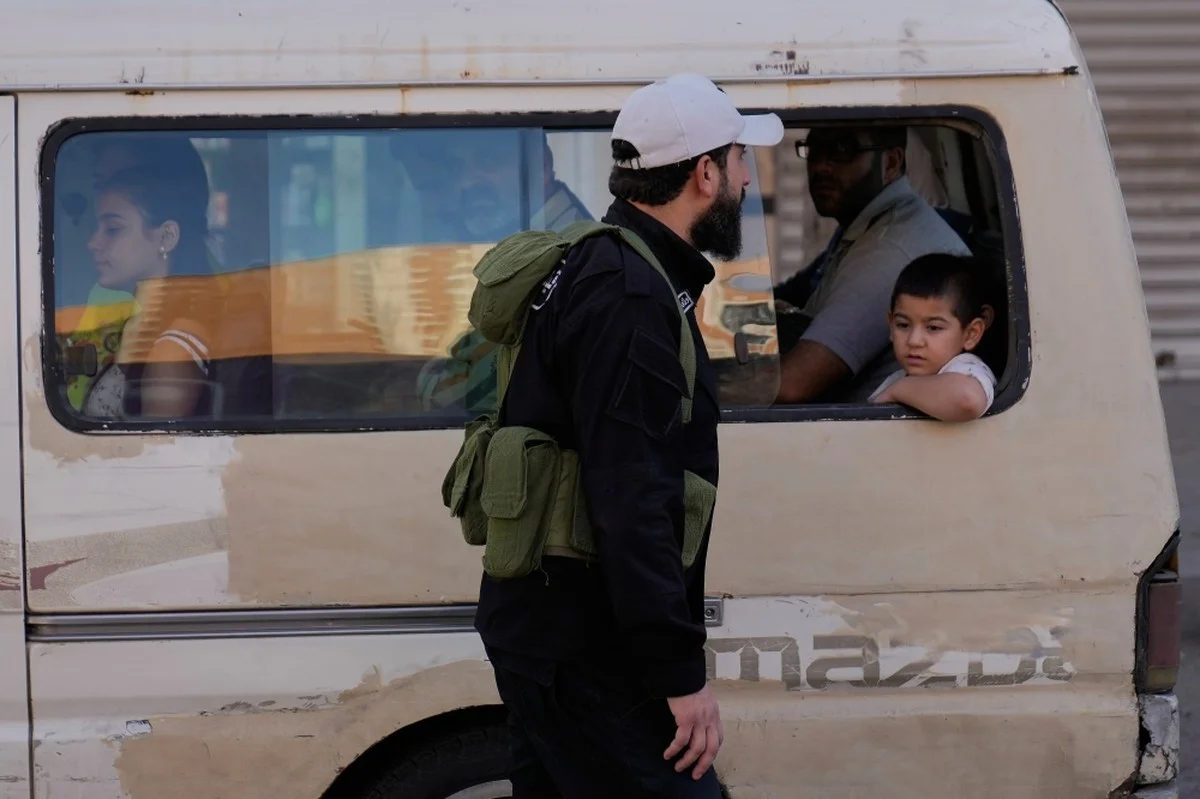04/10/2025
04/10/2025

DAMASCUS, Syria, Oct 4, (AP): The streets of Damascus barely showed sign Saturday a parliamentary election was set to take place the next day. There were no candidate posters on the main streets and squares, no rallies, or public debates. In the days leading up to the polling, some residents of the Syrian capital had no idea a vote was hours away, the first since Islamic insurgents ousted former president Bashar Assad in a lightning offensive in December.
"I didn’t know - now by chance I found out that there are elections of the People’s Assembly,” said Elias al-Qudsi, a shopkeeper in Damascus' old city, after being asked for his views about the upcoming election. "But I don’t know if we are supposed to vote or who is voting.” The posters announce the candidacy of Henry Hamra, a former resident of the neighborhood who emigrated to the United States with his family when he was a teenager and returned to visit Damascus for the first time after Assad's fall.
Hamra's campaign announcement made a splash on social media but failed to make an impression on al-Qudsi. Under Assad's autocratic rule, al-Qudsi said he never voted. The outcome was a given: Assad would be president and his Ba’ath party would dominate the parliament. The shopkeeper won't vote on Sunday either, but for a different reason - there will be no popular vote. Instead, two-thirds of the People’s Assembly seats will be voted on by electoral colleges in each district, while one-third of the seats will be directly appointed by interim President Ahmad al-Sharaa.
"The usual process is, of course, parliamentary elections through the direct vote of citizens, but this ideal is almost impossible now for several reasons,” Nawar Nejmeh, spokesperson for the committee overseeing the elections, told The Associated Press. Chief among them is the fact that large numbers of Syrians were displaced or lost their personal documentation during the country’s civil war, he said. The interim authorities dissolved the former parliament and political parties after Assad's fall. To end the "legislative vacuum," Nejmeh said, the government settled on the current process. "It is not perfect, but it is the most realistic at the current stage," he said.


